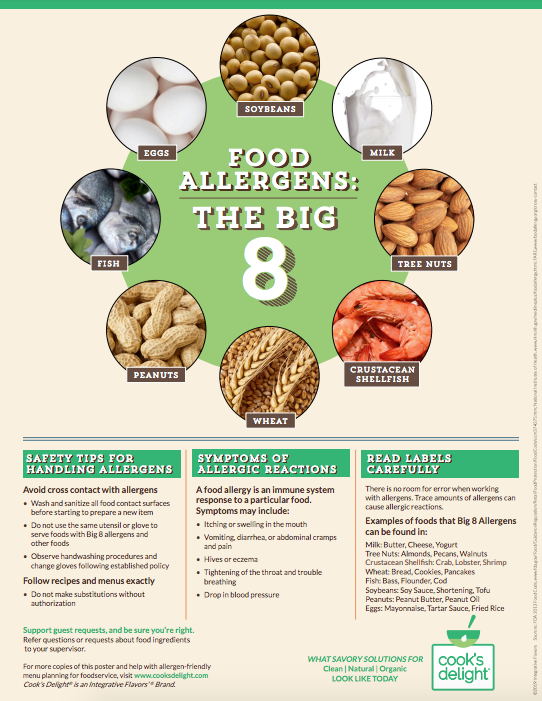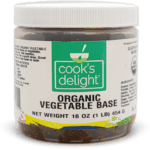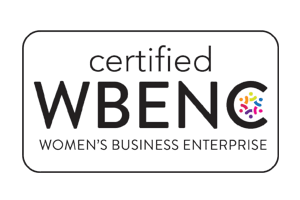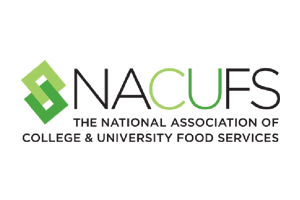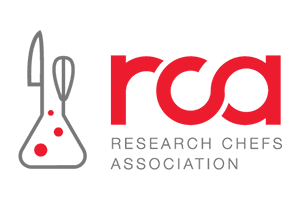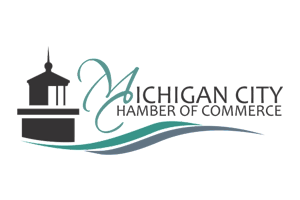Big 8 Allergens and Risk – Do You Have a Plan?
Allergen Risk
According to Food Allergy Research & Education (FARE) researchers estimate up to 15 million Americans have food allergies. A food allergy is caused by an abnormal response to a food triggered by the body’s immune system.
Sesame Allergen Becomes 9th Major Food Allergen
President Joseph Biden signed Bill S.578, “Food Allergy, Safety, Treatment, Education, and Research Act of 2021 or the FASTER Act of 2021” into law which adds sesame to the list of major food allergens for the purpose of food labeling. The law requires sesame to be labeled on packaged food items effective January 1, 2023.
It is never too early to start updating your allergen plan and training your team to comply with FASTER Act of 2021. The free Big 9 Allergens Poster has been updated with sesame allergen.
FREE INFOGRAPHIC DOWNLOAD
Big 8 Allergens Educational Poster
Integrative Flavors® is pleased to release Food Allergens: The Big 8 educational poster to support Foodservice education on allergen management. To continue to receive free resources from Integrative Flavors®, sign up for our newsletter below.
What Are The Eight Main Allergens?
“The Big 8”, have been identified to cause 9 out of 10 allergic reactions. The Big 8 include Milk, Eggs, Fish, Crustacean Shellfish, Tree Nuts, Peanuts, Wheat and Soy. Handling allergens affects both foodservice operators and industrial manufacturers.
Check the Label for Allergenic Ingredients
The Food Allergen Labeling and Consumer Protection Act (FALCPA) requires food manufacturers to declare the presence of a major food allergen on the label of any food containing a Big 8 Allergen. When receiving ingredients and food into your facility, you must identify all ingredients that have allergenic ingredients to handle and store them properly. Double check that the specification sheet for the ingredient or food matches the label of the product that you received and confirm it is correct.
Misbranding and Undeclared Allergens
Work with trusted suppliers. It is critical for a manufacturer or foodservice operator to purchase ingredients from a company that manufacturers products with an allergen plan in place and that can provide the necessary paperwork for your approval of the supplier.
If a manufacturer is not producing products under an allergen plan, it could result in an allergen being omitted from a label. If a Big 8 Allergen is not listed on a label’s ingredient statement, it will result in a food recall and could result in serious illness or death.
Food recalls for undeclared allergens continue to be at the top of the list of recalls. The rise in food recalls may be attributed to increased awareness of food allergies by consumers and increased attention from inspectors as they focus on allergen labeling and allergen handling during their inspections.
Establish an Allergen Plan
It is the responsibility of the food handler or food manufacturer to properly train its staff and control its operations to produce safe food. Each establishment that handles food allergens should have an established plan or policy in place.
Explore our Cook’s Delight® Allergen-Friendly Soup Bases and Flavor Concentrates and learn how our soup bases can help you create better recipes and delight your customers. Learn more about soup base
Basic Allergen Plan
There is no room for error when working with allergens. A company that handles food must have a policy or allergen plan in place, provide training and insist upon strict adherence.
At a minimum, a basic allergen plan should address:
- Receiving ingredients: This includes confirming the correct ingredient was received from the supplier and checking labels and specification sheets for all items received to determine and confirm allergens.
- Storage: All allergenic ingredients need to be stored properly to prevent cross-contamination. Do not store an allergenic ingredient over a non-allergenic ingredient or over an ingredient with a different allergen. Any opened allergen should be properly covered to prevent airborne cross-contamination.
- Labeling: Clearly label all allergenic ingredients in storage and indicate the type of allergen for easy identification.
- Procedures for change: Have a clear process for how to handle formula or menu changes that may introduce allergens where they weren’t before. This will include a method of making sure that everyone has been alerted to changes and trained properly.
- Scheduling Production or Food Preparation: If possible, products and recipes containing allergens should be made after products or recipes without allergens. If they must be made before, all equipment, utensils and outer garments and gloves should be cleaned thoroughly before changing over from allergenic to non-allergenic.
- Verify Labels: Verify proper labels are placed on the finished products. If the label is not correct, it is considered misbranding and will result in a recall.
- Train Food Handlers: Anyone that handles allergens should be properly trained and training should be documented and repeated annually or when necessary. Establishments that serve food should train servers on proper food handling techniques to prevent cross-contamination. This includes serving plates with allergenic foods separately from plates that contain allergens, changing gloves and providing information to the customer on ingredients in dishes. If you do not know the answer to a question, refer them to someone that does.
- Ingredient Statement Confirmation: Labeling finished products to ensure labels are in compliance with all labeling regulations. The Big 8 allergens must be listed on the label ingredient panel in common or usual terms.
- Manufacturers can list the food source in parenthesis following the allergen, for example, Dried Whey (Milk),
- or place a statement adjacent to the ingredient list with the word “Contains” and list allergens, for example, Contains Milk.
- Create Standard Operating Procedures (SOPs): There should be Standard Operating Procedures (SOPs) for cleaning of each piece of equipment and utensils, as well as, proper hand washing and anyone handling equipment or allergens must be trained on the procedures. The training should be documented.
Want to learn more about allergen issues? Tips to Prevent a Food Recall for Undeclared Allergens

